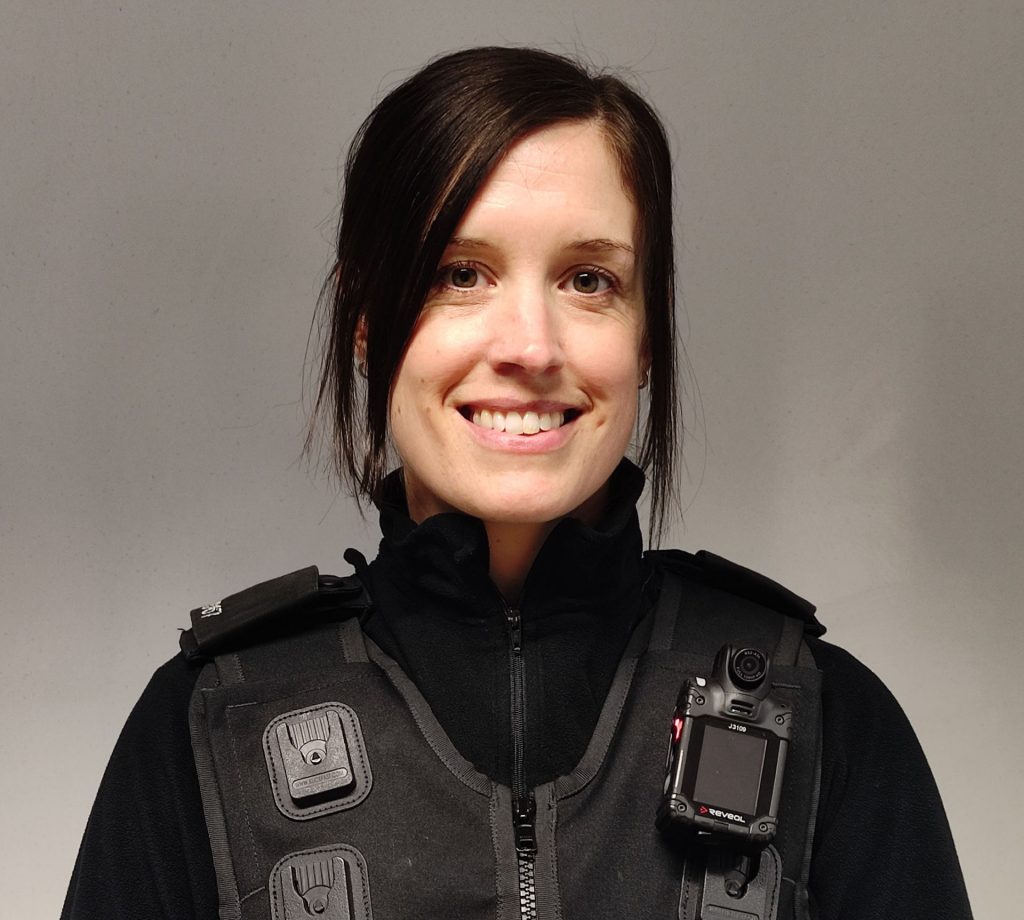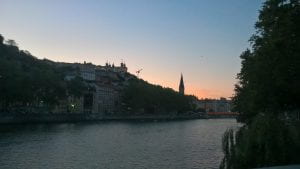University of Bristol PGCE graduate, Sian Harris, tells us more about her role as our Universtiy Police Officer and how it differs from Security Services.
Sian Harris, University Police Officer
Sian joined Avon and Somerset Police in 2005 and has spent her Police career to date in uniform, either as part of the 24/7 response teams or neighbourhood policing teams.
Tell us more about your work and what it involves?
I deal with a wide range of incidents – both those reported to me by the University such as drugs possession and criminal damage or burglary, and those reported by students and staff, for example bike thefts, assaults and harassment. I also act as a liaison between Avon and Somerset Police and the University.
I’m part of the neighbourhood policing team which means that I have responsibility for a designated community, in this case the University. My role doesn’t differ to any other neighbourhood officer.
There is no typical day here – there never is in policing – but I try to create a good mix between desk-based work (answering email/phone enquiries, updating crime reports …) and being out on patrol. I patrol both on foot and by car and will include both University buildings and Halls of Residence.
How would you explain the difference between your role and a Security Officer?
Although, I work very closely with the security team, and we often respond to jobs together/work together to tackle on-going issues, criminal investigations are my responsibility. I liaise with victims, interview suspects just as any other Police Officer would.
Our joint aim is to create a safe environment for students and staff. Security Services will often be your first point of contact. Their knowledge of the site and access to buildings will mean that they are often the best people to contact in the first instance. Just like police, the security team have an emergency and non-emergency number and as you’d expect, emergency calls will always be prioritised. Security Officers will then contact other services if required. If they identify that a crime has been committed, they will take details and preserve evidence and then pass it on to police to continue the investigation and deal with the offence – often this is me, but could also be other officers on duty in Bristol at the time.
We also both wear body worn cameras, although Security Services only started wearing these from January 2021 to further protect students and staff and reduce crime on campus.
What’s your favourite part of the job?
It’s definitely the variety. You never know what each day is going to bring. I’m up for the challenge and enjoy making a positive contribution to this diverse community.
Sian is based in the Security Services building at Royal Fort Lodge and happy to be contacted via phone or email to answer questions and offer advice. Please do get in touch with her if you need to:
- Telephone – 0117 331 1005
- Email – sian.l.harris@bristol.ac.uk








